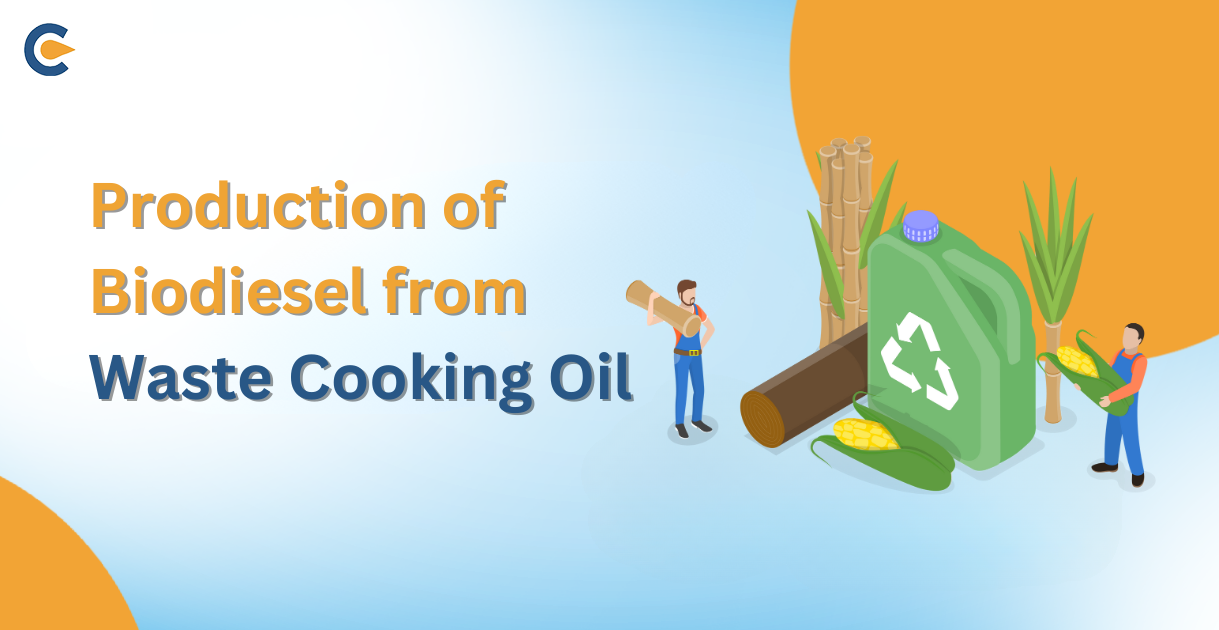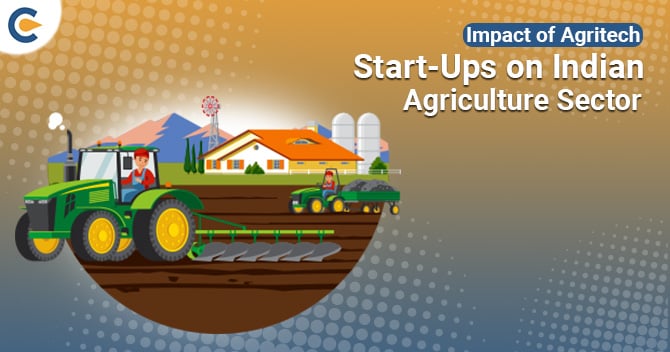In this blog, we will discuss the various merits of producing biodiesel from waste cooking oil, the disadvantages of waste cooking oil, and the process of producing biodiesel from waste cooking oil.
Researchers, governments, and industry have been paying close attention to biodiesel in the past few years since it is a non-toxic, renewable fuel. Additionally, unlike non-renewable fuel (petroleum or diesel), biodiesel fuel can be utilized in any standard diesel engine, so producing biodiesel cooking oil is one of the best alternatives. Non-renewable fuels have a shorter shelf life and release various contaminants, including lead, hydrocarbons, sulfur, and nitrogen oxides. Petroleum diesel can be replaced with clean-burning, sustainable biodiesel that is generated domestically. Utilizing biodiesel as an automotive fuel enhances environmental and public health, boosts safety, and builds a more robust transportation network.
What is Waste Cooking Oil?
Used vegetable oil that is obtained from cooking food is referred to as waste cooking oil. Because of its high free fatty acid concentration, edible vegetable oil becomes unfit for human consumption after being fried repeatedly for food preparation. Fats and oils used for frying or cooking in commercial or industrial food processing operations, including restaurants, are referred to as waste cooking oil. Triglycerides, diglycerides, monoglycerides, and free fatty acids are the main elements of waste cooking oils, and they are made in varied levels (5-20% by weight) during the frying process.
Why is Waste Cooking Oil Harmful?
Used cooking oil has a plethora of adverse effects on the environment. Ever wonder what becomes of the oils we throw down the drain? Rivers and oceans carry both water and oil. Then, oils cover plants and aquatic life, suffocating them. This technique has a significant impact on the marine life population. Later on, agriculture makes use of the same water. The oil contains substances that, when combined with other filth, release an offensive odour that hinders both marine life and human breathing. Hence, the production of biodiesel from waste cooking oil has increased over time in various countries in order to reduce its harmful effects and, in return, have an environmental benefit.
Production of Biodiesel of Waste Cooking Oil: Advantages
Biodiesel has a number of significant advantages, which are now attracting countries all around the world to start the production of biodiesel from cooking oil. Some of the benefits of biodiesel are:
- Reduction in Greenhouse Gases:
Producing biodiesel from waste cooking oil helps in reducing greenhouse gases on a vast scale.
- Positive Economic Effect:
Producing biodiesel from waste cooking oil leads to a positive economic effect on the country.
- Mitigating Future Crises:
By producing biodiesel from waste cooking oil, any crises that will arise in the future in relation to energy resources can be avoided because we already have an economical alternative.
The engine life of the vehicles can be improved by using the biodiesel which is produced from waste cooking oil.
- Less Pollution:
By producing biodiesel from waste cooking oil, the health of the people in the society can be maintained as less pollution will be created.
- Safe to Use:
Biodiesel is very safe to use as compared to petrol and diesel.
- Environmental Friendly
Producing biodiesel from waste cooking oil is an environmentally friendly option.
These are some of the advantages that can be enjoyed when waste cooking oil is used to produce biodiesel.
Process of Production of Biodiesel from Waste Cooking Oil
Following are the common stages of production of biodiesel from waste cooking oil:
- Pre-Treatment and Collection
The first step in producing biodiesel from waste cooking oil is to collect the raw material. In this case, the raw material is waste cooking oil. The waste cooking oil is gathered from different sources and brought to one common place, where the biodiesel production plant is located.
After the waste cooking oil is collected, it goes through a pretreatment in which the food particles and water are eliminated. This treatment removes all the waste, and clean feedstock is obtained. This process is called transesterification.
- Reaction and Separation
The second stage in the production of biodiesel from waste cooking oil is reaction and separation. In this step, the triglycerides are converted into glycerol and biodiesel by combining alcohol with waste cooking oil. The reaction results in a two-layer mixture, and the biodiesel and the glycerol are separated.
- Washing and Drying
To eliminate the remaining containments, the next step in producing biodiesel from waste cooking oil is washing. This is an essential step in the production procedure. The biodiesel that is washed is now dried to ensure efficiency.
- Testing for the Quality
The last stage of the production of biodiesel from cooking oil waste is quality testing. It is vital to check the quality of the produced biodiesel. The biodiesel that is produced is then compared with the industry standards and requirements established by the regulatory authorities.
Conclusion
To sum up, turning waste cooking oil into biodiesel is a practical, sustainable solution that benefits the economy and the environment significantly. Through the process of transesterification, cooking oil waste can be transformed into a cleaner alternative that reduces dependency on fossil fuels and offers a sustainable energy source.
Get in touch with our business and environment experts at Corpbiz, who will guide and assist you in the process of establishing a business for producing biodiesel from waste cooking oil and other licensing requirement. At Corpbiz you can avail expert advice on environment, social and governance ESG strategies, Environmental auditing etc. Get in contact with us today!
Frequently Asked Questions
What is the best raw material for biodiesel production?
One of the best raw materials for producing biodiesel is the production of biodiesel from waste cooking oil.
Is it feasible to make biodiesel from leftover cooking oil?
Because used cooking oil is renewable, economically feasible, and environmentally benign, it will likely be converted into biodiesel.
Can fuel be made from cooking oil?
Both used, and vegetable cooking oils can be viewed as alternative fuels that can help households reduce their fuel costs and eliminate the issue of disposing of waste vegetable cooking oils.
Can you use biodiesel as a cooking fuel?
Biodiesel and its byproducts and blends can be used as an alternative fuel in diesel engines for heating, cooking, and lighting.
What makes biofuel different from biodiesel?
Biodiesel is a subset of biofuel, which is a general term for a variety of fuels produced from cultivated plant life. Any vegetable oil treated with additives to make it diesel so that it may run in a diesel engine is called biodiesel.
What are India's raw materials for biodiesel?
Short-chain alcohols, animal fats, and vegetable oils are the raw materials used to make biodiesel. Because the price of oil is the main factor influencing the cost of producing and trading biodiesel, using non-edible vegetable oils is advised.
Is it possible to make biodiesel from cooking oil?
Vegetable oils, leftover cooking oils, animal fats, or yellow grease can all be utilized to make biodiesel.
Is diesel inferior to biodiesel?
Compared to petroleum diesel, biodiesel is more “slippery” and has a higher lubricating power. This is advantageous since it should lessen engine wear.
Which Indian plant is the first biodiesel plant?
The first biodiesel plant in the nation is located in Kakinada, Andhra Pradesh. It is promoted to produce Jatropha (Ratanjot), Caracas, and Penomia.
Who is the biodiesel pioneer?
In 1890, Rudolph Diesel created biodiesel-pure vegetable oils used in diesel engines for agricultural purposes in lieu of petroleum diesel.
Read Our Article: Rules Governing Hazardous Waste Disposal In India











